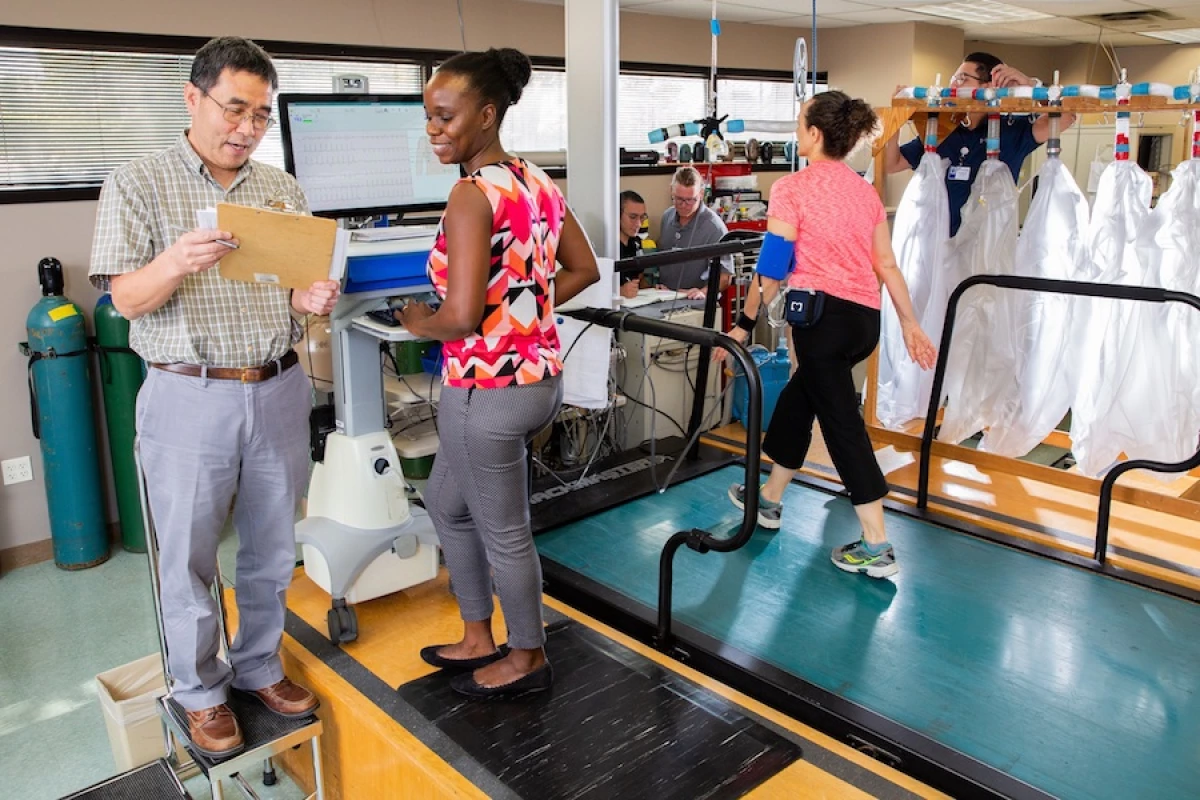A new UT Southwestern study has offered yet more evidence affirming the value of exercise in slowing the brain degeneration associated with dementia and Alzheimer’s disease. The research is suggesting aerobic exercise may be more effective than mild flexibility training in directly reducing hippocampal deterioration.
It is no newsflash to claim exercising is beneficial, and a substantial volume of recent research has highlighted an array of different ways physical activity can fight back against age-related health decline. This new research offers the first randomized controlled trial ever conducted to specifically examine the effect of aerobic exercise (versus stretching and toning as a control) on cognitive performance and Alzheimer’s brain pathology in adults with amnestic mild cognitive impairment (aMCI), widely considered to be the earliest clinically identifiable stage of Alzheimer’s disease.
The study followed 70 aMCI subjects for 12 months. Half the subjects were directed to complete four to five half-hour aerobic exercise sessions every week, while the other half were the stretching control. Cognitive assessments conducted at the beginning and end of the trial, plus MRI and amyloid PET scans, tracked brain degeneration across the study.
While both groups in the trial showed similar results on the cognitive tests at the end of the study, the biggest difference was seen in the brain scans of the aerobic group. Those aerobic-exercising subjects with positive amyloid accumulations at the beginning of the trial displayed less degeneration in the hippocampus, compared to amyloid-positive subjects in the control group.
“It’s interesting that the brains of participants with amyloid responded more to the aerobic exercise than the others,” explains Rong Zhang, lead on the new research. “Although the interventions didn’t stop the hippocampus from getting smaller, even slowing down the rate of atrophy through exercise could be an exciting revelation.”
It’s important to note the results showed general cognitive scores improved in both the aerobic and control groups, suggesting, at the very least, there are beneficial effects from any kind of exercise in older adults facing mild cognitive decline. General brain volume, and amyloid-beta accumulations also didn’t differ between the two groups.
So the biggest takeaway from this novel clinical trial is that aerobic exercise may help slow amyloid-related atrophy in the hippocampus. And while larger clinical trials are currently underway, this particular conclusion, suggests Zhang, can be applied to high-risk Alzheimer’s patients right now.
“What are you supposed to do if you have amyloid clumping together in the brain? Right now doctors can’t prescribe anything,” says Zhang. “If these findings can be replicated in a larger trial, then maybe one day doctors will be telling high-risk patients to start an exercise plan. In fact, there’s no harm in doing so now.”
The research has been published in the Journal of Alzheimer’s Disease.
Source: UT Southwestern Medical Center




